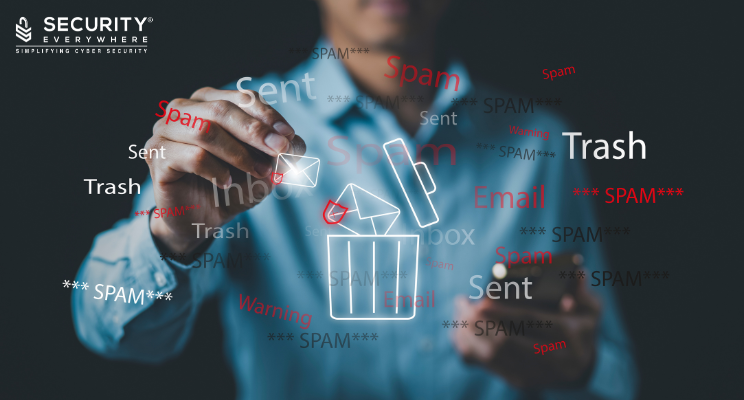DMARC: The Shield Against Email Fraud for Marketing Agencies
Imagine launching an email campaign you’re particularly proud of, only to find it’s vanished into the digital ether or been mistakenly marked as suspicious. That’s where DMARC steps in, acting as the unsung hero of email deliverability and security. Short for Domain-based Message Authentication, Reporting, and Conformance, DMARC is more than just a techy acronym. It’s the backbone of ensuring your emails are received as intended, safeguarding your client’s reputation, and boosting the effectiveness of your digital outreach.
Let’s explore the essentials of DMARC. This guide isn’t just about steering clear of spam filters; it’s a look into securing your email’s place in the inbox, reinforcing trust in your client’s brand, and unlocking the full potential of your email marketing efforts.
Ready to transform your approach to email security and deliverability? Let’s get started.
Understanding DMARC and Its Importance
DMARC is an email authentication protocol designed to give email domain owners the ability to protect their domain from unauthorized use, commonly known as email spoofing. The rise of phishing attacks and brand impersonation has made DMARC not just a recommendation but a necessity for businesses looking to safeguard their email communications.
At its core, DMARC provides a way for the email sender and receiver to verify that the purported domain of the sender has not been impersonated. It builds on two existing frameworks: SPF (Sender Policy Framework) and DKIM (DomainKeys Identified Mail), adding a crucial layer of verification that ensures only legitimate emails reach their intended recipients.
The Impact of DMARC on Marketing Agencies
For marketing agencies, the adoption of DMARC has far-reaching implications:
- Brand Protection: By preventing email spoofing, DMARC helps protect the brand reputation of clients, ensuring that only authenticated emails reach the audience.
- Improved Deliverability: Emails that pass DMARC authentication are more likely to be delivered to the inbox, enhancing the effectiveness of email marketing campaigns.
- Insight into Email Channels: DMARC reports provide valuable insights into all email sources across the domain, allowing agencies to identify and authorize legitimate email streams while blocking fraudulent activities.

Implementing DMARC: A Step-by-Step Guide for Agencies
- Inventory of Sending Sources: Begin by identifying all the services that send emails on behalf of your domain, including marketing platforms, CRM systems, and internal email servers.
- SPF and DKIM Configuration: Ensure that SPF and DKIM are correctly set up for your domain. SPF allows email servers to verify that emails sent from your domain come from a list of approved IP addresses, while DKIM provides a digital signature that verifies the content of the emails has not been tampered with.
- DMARC Record Creation: Create a DMARC record in the DNS for your domain. A DMARC policy tells receiving mail servers how to handle emails that don’t pass SPF or DKIM checks. Start with a monitoring policy (p=none) to collect data without affecting your current email flow.
- Analyze Reports and Adjust Policy: Analyze DMARC reports to identify legitimate and illegitimate email sources. Gradually adjust your DMARC policy to a quarantine or reject policy, based on your analysis and confidence level in you SPF and DKIM setups.
- Ongoing Monitoring and Management: DMARC is not a set-it-and-forget-it solution. Regular monitoring of DMARC reports is essential to adapt to new email sources and tactics used by impersonators.
Overcoming Challenges and Limitations
While DMARC is a powerful tool for enhancing email security, agencies may encounter challenges in its implementation, such as the complexity of managing SPF and DKIM records for multiple clients or interpreting DMARC reports. Partnering with email security experts or utilizing DMARC management platforms can alleviate these challenges, allowing agencies to focus on their core marketing activities.
Conclusion
In an era where email security is integral to the success of digital marketing efforts, DMARC stands as a critical defense mechanism against email fraud and brand impersonation. For marketing agencies, the implementation of DMARC is not just about protecting email channels; it’s about safeguarding client reputations, enhancing campaign deliverability, and ultimately, driving better marketing outcomes. By embracing DMARC, agencies can deliver not only creative and engaging email content but also peace of mind to their clients in the face of evolving email threats.
Let’s have a conversation about setting up your DMARC properly.





